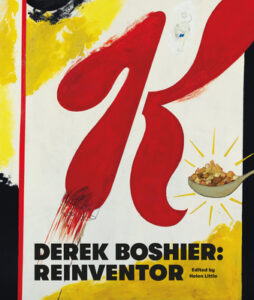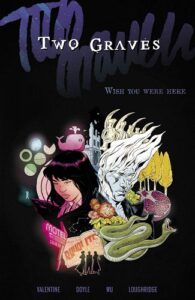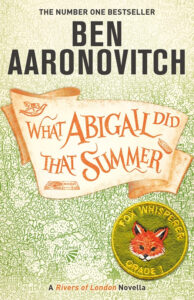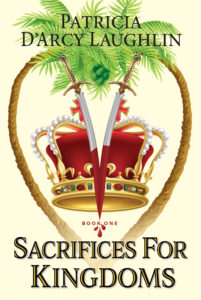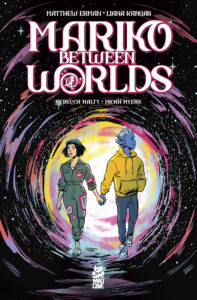Two things about Eve Babitz and Eve’s Hollywood after she’s gotten done with her dedication that’s eight pages and more names than I cared to count, along with dedicating the book to freeways, sour cream, the girl with the coke, and the color green, plus “the one whose wife would get furious if I so much as put his initials in.” The first is that she loves Los Angeles and is not about to let anyone call it a wasteland, not when she can tell childhood stories of Stravinsky and Charlie Chaplin and Bertrand Russell, her first time eating figs at the house of the violinist Joseph Szigeti, or Edward James who came to America “to see his ‘deah friend, Lawrence’ which meant D.H., but Lawrence soon died so Edward and [Aldous] Huxley drifted West to L.A.” (p. 8) and he later designed the World’s Fair Pavilion with Dali. Whom Babitz introduced to Frank Zappa much, much later.
The second is that readers who pick up the book expecting titillation will find very little of that; readers who pick up the book expecting name-dropping will find quite a bit of that; and both may well miss that Babitz is a terrific writer, in total command of form and pacing. She’s not afraid of two-page anecdotes, if that’s all it takes to tell her tale. The Central Market gets a paragraph on page 142; Cary Grant gets three lines, not quite a haiku, on page 269. But she’s also a collage artist, and she brings that same sensibility to assembling her “confessional novel,” so the small pieces break up the longer ones, giving readers a moment to pause, or they set up an impression that Babitz is making across several pieces. She was Stravinsky’s goddaughter, and despite how much she says she avoided music, she still absorbed a lot about composition. And her voice is contagious. So that’s three things.


